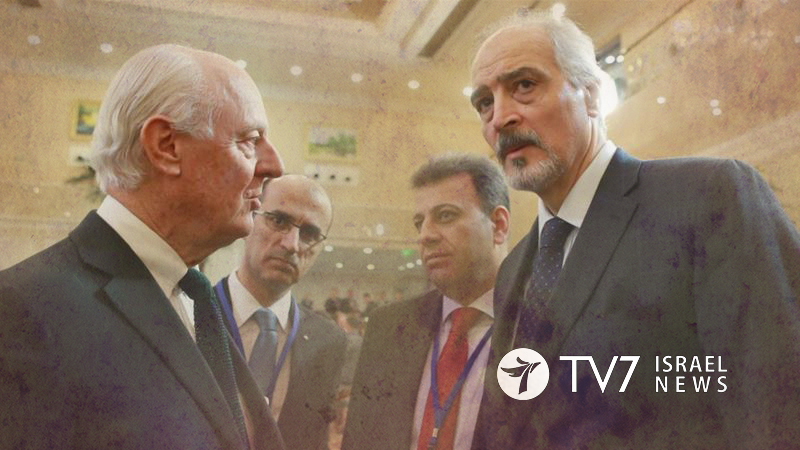The UN special envoy for Syria, Staffan de Mistura, said that Russia, Turkey and Iran were closing in on a final statement, reaffirming a cessation of hostilities between the Syrian government and rebel groups. “We are working on a declaration that can reassure that the process of the actual cessation of hostilities becomes more solid. And that what we are working on. Every moment is important because until the last moment before the final declaration comes out there are very intense discussions because this is not about a paper it is about cessation of hostilities which means saving lives,” said de Mistura.
Delegations from the Syrian government and opposition were holding indirect talks for a second day in the Kazakh capital at a time when Turkey, which backs the rebels, and Russia, which supports Syrian President Bashar al-Assad, each want to disentangle themselves from the fighting. That has led them into an ad-hoc alliance that some believe represents the best chance for progress towards a peace deal, especially with the United States distracted by domestic issues. However, after two days of deliberations an initial draft communique suggests the powers have agreed little beyond reaffirming the need for a political resolution and to reaffirm a Russian and Turkish- brokered ceasefire that each side accuses the other of violating.
Turkish Deputy Foreign Minister Numan Kurtulmus emphasized that no one should expect a solution in the immediate future, but the support of the Astana talks where both sides are brought to the negotiating table after six years of fighting each other was a step in the right direction. “There are parties around the table that have been at war with each other for six years. It’s obvious they have opposite viewpoints. A solution in one or two days should not be expected. But the meeting in Astana is important in terms of bringing the parties that have been at war to the table. It was important to get support from international community for this meeting,” said Numan Kurtulmus, Turkish Deputy Prime Minister.
The meeting marks the first time the opposition and representatives of Syrian President Bashar al-Assad have come together since United Nations-brokered talks in Geneva were suspended early last year. The talks pointedly exclude the West, though Kazakhstan, with the backing of Moscow and Ankara, extended an invitation to the new US administration last week, which Washington declined to the satisfaction of the Islamic Republic of Iran, which voiced strong objections to American involvement.
